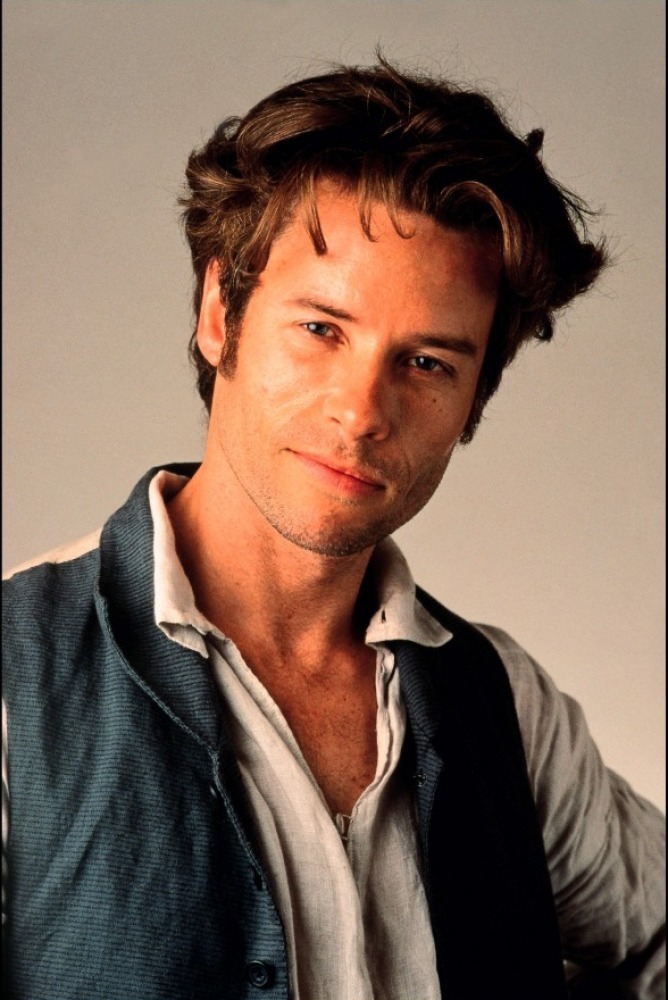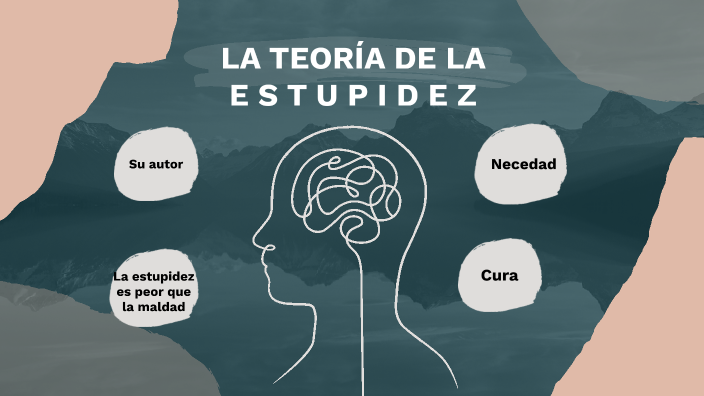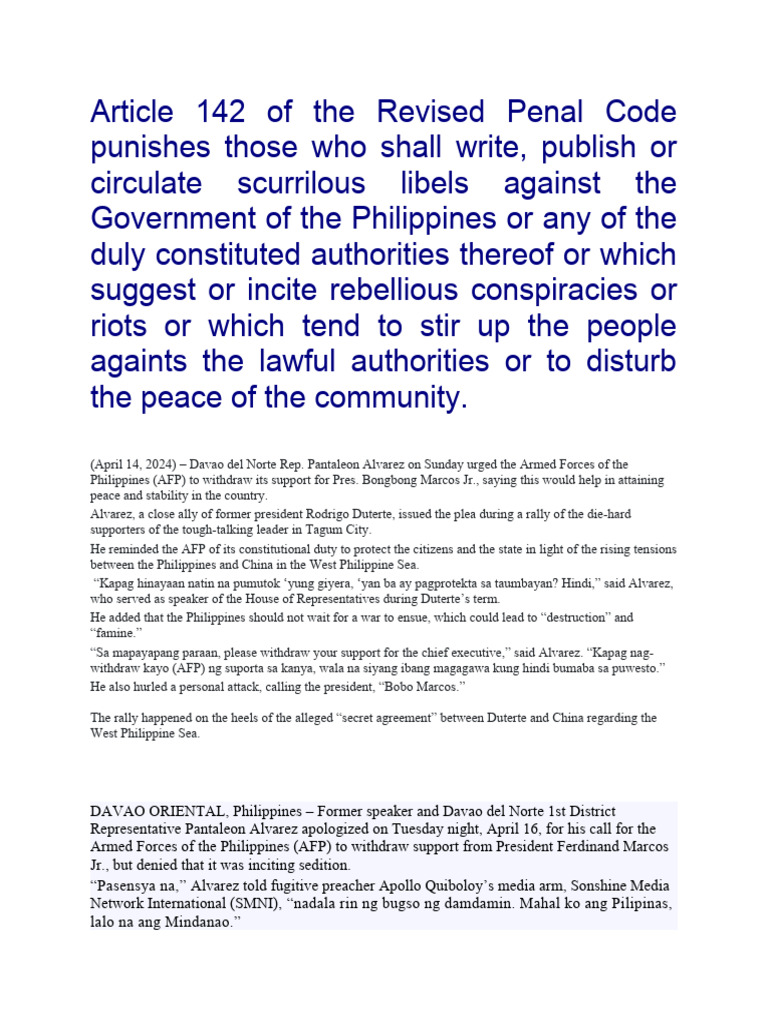Review: The Count Of Monte Cristo - A Classic Retold

Table of Contents
Plot and Character Development
The 2002 film adaptation of The Count of Monte Cristo skillfully condenses Dumas's sprawling novel into a manageable two-and-a-half-hour runtime. While some plot points are necessarily streamlined, the core narrative—Edmond Dantès's wrongful imprisonment, his escape, and his meticulously planned revenge—remains intact. The film prioritizes the emotional core of the story, focusing on Edmond's transformation and his relationships with key characters.
The portrayal of Edmond Dantès, played by Jim Caviezel, is a highlight. Caviezel convincingly embodies Edmond's initial naivete and subsequent descent into darkness, showcasing the emotional toll of betrayal and imprisonment. His transformation into the enigmatic Count of Monte Cristo is palpable, capturing the character's cunning intellect and unwavering resolve. However, some might argue that the film sacrifices the nuances of Edmond's internal struggle for the sake of a more straightforward narrative.
Supporting characters are generally well-cast and effective. Guy Pearce as Fernand Mondego delivers a compelling performance, portraying the character's envy and ambition with chilling intensity. Dagmara Dominczyk as Mercédès is sympathetic yet ultimately limited by the film's condensed narrative. Abbé Faria, Edmond's mentor, while crucial to the plot, has a relatively smaller role in the film compared to the novel.
- Comparison of character portrayals to the original novel: The film largely stays true to the essential character traits but simplifies their backstories and motivations.
- Strengths and weaknesses in the depiction of character arcs: The film excels in showing Edmond's transformation, but some supporting characters lack the depth found in the novel.
- Assessment of the pacing and clarity of the plot: The pacing is brisk, keeping the viewer engaged, although some may find certain plot developments rushed.
Setting and Atmosphere
The 2002 film adaptation effectively uses its visually stunning locations to evoke the atmosphere of 19th-century France and Italy. From the sun-drenched Mediterranean landscapes to the shadowy interiors of the Château d'If, the settings contribute significantly to the story's overall mood. The cinematography expertly blends vibrant colors with darker, more ominous tones, reflecting the shift in Edmond's emotional state. The score, while not always historically accurate, effectively enhances the drama and suspense.
- Effectiveness of visual or auditory elements in creating atmosphere: The film's visuals and score are highly effective in immersing the viewer in the story's world.
- Accuracy and realism in depicting historical settings: While not completely historically accurate, the film creates a convincing and visually appealing representation of the period.
- Contribution of setting to the themes of the story: The settings enhance the themes of betrayal, revenge, and redemption by providing a backdrop that reinforces the emotional weight of the narrative.
Themes and Interpretation
The film masterfully explores the core themes of The Count of Monte Cristo: revenge, justice, betrayal, redemption, love, and ambition. The Count's relentless pursuit of revenge is central, raising questions about the nature of justice and the moral implications of vengeance. The film also explores the complexities of love and betrayal, showcasing the enduring power of both. However, the film's streamlined narrative limits the exploration of certain themes, particularly the philosophical musings on justice and morality found in the novel.
The moral ambiguities of the characters are skillfully highlighted, with the film not offering easy answers or clear-cut heroes and villains. Edmond's actions, though driven by justifiable anger, are not always morally sound. The film's message is ultimately one of caution, urging viewers to consider the consequences of their actions and the complexities of seeking revenge.
- Exploration of key themes in the adaptation: Revenge, justice, betrayal, love, and ambition are all explored, albeit in a more concise manner than the novel.
- Analysis of the moral complexities of the characters: The film does a commendable job showcasing the moral gray areas of its characters.
- Assessment of the effectiveness of the story's message: The film's message about revenge and justice is thought-provoking and effectively conveyed.
Comparison to the Original
The 2002 film adaptation makes significant changes to Dumas's novel to fit its runtime. Many subplots and characters are omitted or condensed. The film prioritizes the core revenge plot, emphasizing the emotional journey of Edmond Dantès. While purists might lament the omissions, these changes make the story more accessible to a wider audience. The changes primarily aim for a tighter, more cinematic narrative, sacrificing some of the novel's intricate detail. The target audience is broader, appealing to those who enjoy action-adventure films with strong characters and a compelling revenge plot.
Conclusion
The 2002 film adaptation of The Count of Monte Cristo provides a compelling cinematic interpretation of Dumas's classic novel. While certain aspects are simplified or omitted for the sake of pacing and accessibility, the film successfully captures the essence of the story's themes: the allure of revenge, the complexities of justice, and the possibility of redemption. It offers a visually stunning and emotionally resonant experience that stays true to the core of Edmond Dantès's journey. Whether you're a longtime fan of The Count of Monte Cristo or a newcomer to this classic tale, the 2002 film adaptation offers a thrilling and engaging experience. We encourage you to explore the world of The Count of Monte Cristo, comparing and contrasting this film version with other adaptations of this timeless story!

Featured Posts
-
 Wb Weather Update Heatwave Warning For Four Bengal Districts
May 04, 2025
Wb Weather Update Heatwave Warning For Four Bengal Districts
May 04, 2025 -
 Nhl Playoff Standings A Deep Dive Into The Western Wild Card Race
May 04, 2025
Nhl Playoff Standings A Deep Dive Into The Western Wild Card Race
May 04, 2025 -
 La Prevencion De La Estupidez Una Guia Practica
May 04, 2025
La Prevencion De La Estupidez Una Guia Practica
May 04, 2025 -
 Dzhidzhi Khadid Rasskazala O Romane S Kuperom
May 04, 2025
Dzhidzhi Khadid Rasskazala O Romane S Kuperom
May 04, 2025 -
 Blake Lively And Anna Kendricks Another Simple Favor Event Appearance
May 04, 2025
Blake Lively And Anna Kendricks Another Simple Favor Event Appearance
May 04, 2025
Latest Posts
-
 Alvarez Explains His Annoyance With Benavidezs Actions
May 04, 2025
Alvarez Explains His Annoyance With Benavidezs Actions
May 04, 2025 -
 Canelo Alvarez Reveals His Frustrations With David Benavidez
May 04, 2025
Canelo Alvarez Reveals His Frustrations With David Benavidez
May 04, 2025 -
 Canelo Alvarez Plant Fight Takes Priority Crawford Talk Postponed
May 04, 2025
Canelo Alvarez Plant Fight Takes Priority Crawford Talk Postponed
May 04, 2025 -
 Canelo Alvarez On David Benavidez What Irritated The Champion
May 04, 2025
Canelo Alvarez On David Benavidez What Irritated The Champion
May 04, 2025 -
 Alvarez Remains Focused On Plant Ignores Crawford Fight Hype
May 04, 2025
Alvarez Remains Focused On Plant Ignores Crawford Fight Hype
May 04, 2025
